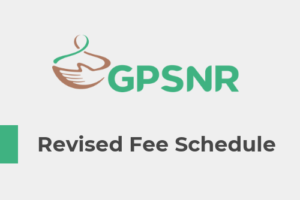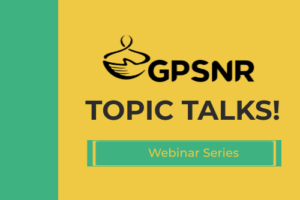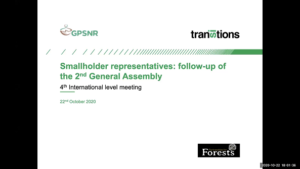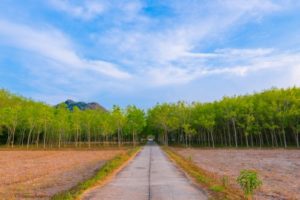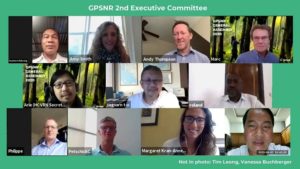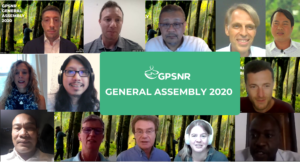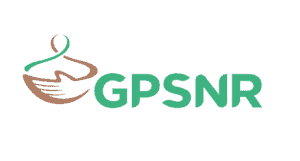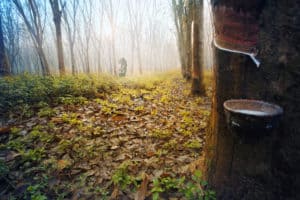
Updates on the GPSNR Baseline Reporting Requirements Pilot Test
In early June 2020, GPSNR member companies were invited to participate in pilot testing a set of draft Baseline Reporting Requirements developed by the Policy Toolbox and Implementation Guidance Working Group. Along with the newly approved Policy Components, the Baseline Reporting Requirements will constitute a key requirement for GPSNR membership.
“By having robust reporting requirements and a system to transparently report on progress, GPSNR member companies will be able to demonstrate leadership, monitor and further the effective implementation of their sustainability commitments, and ultimately drive positive impacts in the natural rubber value chain,” explained Amy Smith, Policy Toolbox Working Group Co-Chair.
The Working Group proposed pilot testing the Baseline Reporting Requirements with a group of volunteer member companies to better understand any constraints companies may have in obtaining and sharing certain information. The goal of the pilot was to refine and finalize the Baseline Reporting Requirements based on company feedback.
“In addition to pilot testing with member volunteers, we will also be assessing and evaluating the potential of existing certification schemes and reporting systems to adopt as part of GPSNR reporting requirements,” added Policy Toolbox Working Group Co-Chair, Pierre Bois d’Enghien. “This evaluation, together with the feedback we received from the pilot, will help us build a reporting system that is credible and useful for all stakeholders.”
We are pleased to announce that a total of 11 GPSNR members volunteered for the pilot test. These members, who include Continental AG, Ford Motor Company, Halcyon Agri Corporation Limited, Hevea-Tec Indústria e Comércio LTDA, Industrias de Exportacion Universal, S.A., ITOCHU Corporation, Michelin, SIPH, Socfin SA, Sumitomo Rubber Industries Ltd, and The Yokohama Rubber Co., Ltd., represent all the membership categories to which the Baseline Reporting Requirements would apply.
In mid-July, the reporting platform was opened to the pilot participants, who were given three weeks to submit the required data. Concurrently, the Secretariat conducted one-on-one interviews with the participants to gather feedback about their experience using the baseline reporting platform as well as their suggestions on ways to improve the process.
“Our volunteer member companies were instrumental in helping to refine the Baseline Reporting Requirements and ensuring that the platform’s reporting mechanisms are relevant and meaningful for all our members,” said GPSNR Director Stefano Savi. “This improvement will help us achieve our shared objectives of ensuring a sustainable and equitable natural rubber supply chain.”
Following the approval of the policy requirements at the General Assembly in September, the Policy Toolbox Working Group will review the compiled company feedback from the pilot and the member consultation process conducted earlier this year, and will refine and finalize the Baseline Reporting Requirements for Executive Committee approval by the end of 2020. Once the Executive Committee has approved these requirements, ordinary company members will submit their baseline reporting data for 2020 to GPSNR in Q1 of 2021.
The Baseline Reporting Requirements will enable GPSNR to understand what its member companies currently know about their natural rubber supply chains, and what they are doing to move towards sustainable practices. Having a rigorous and transparent reporting process in place will strengthen the credibility of GPSNR and contribute to the development of a robust Assurance system for the platform.

